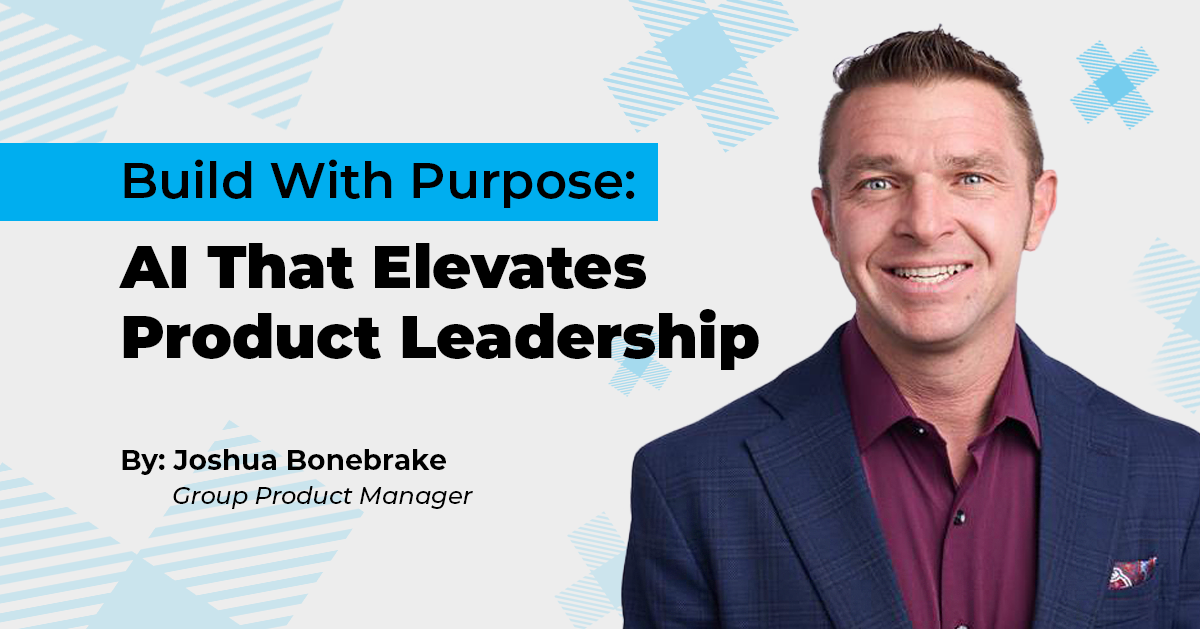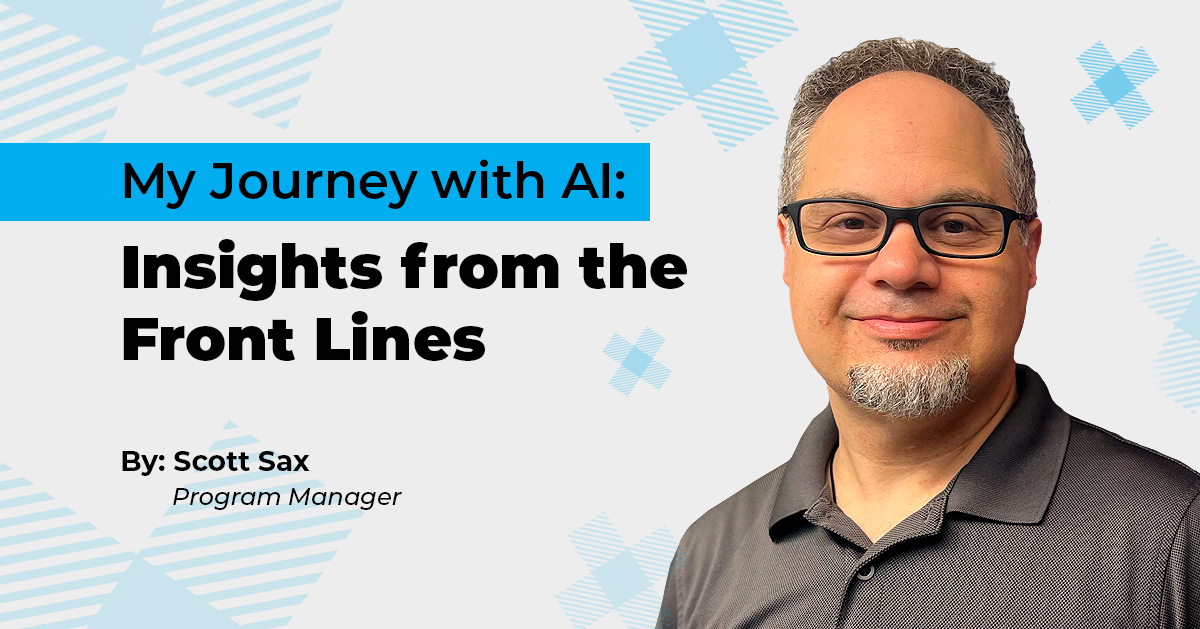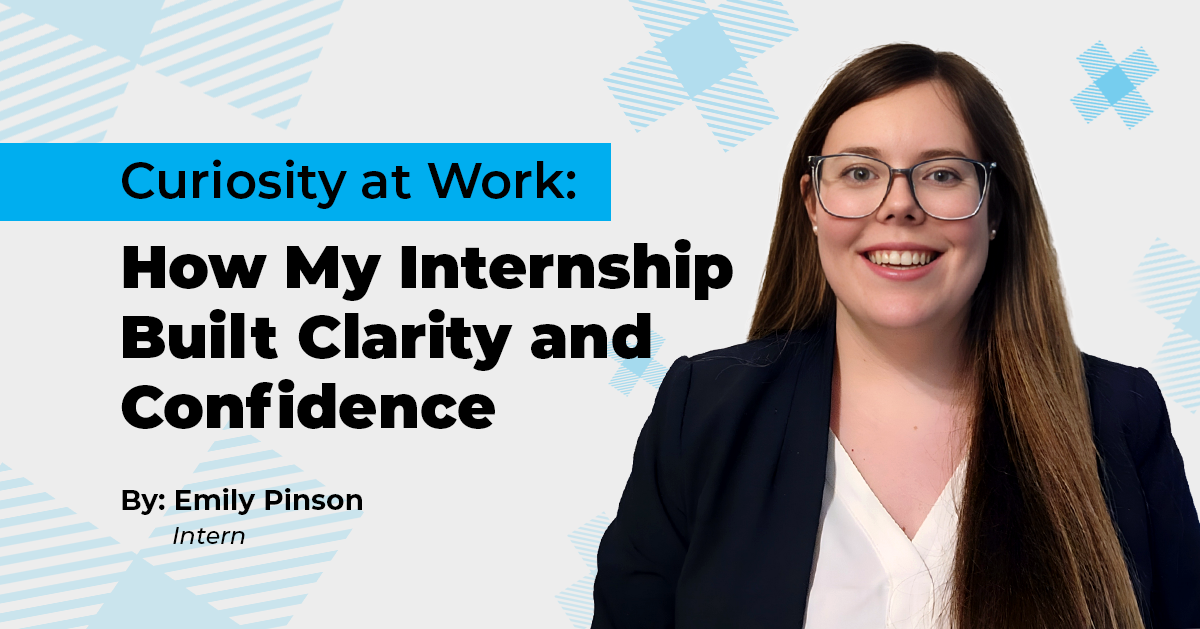
My fascination with artificial intelligence actually dates back to my university days, long before AI became today’s buzzword. Back then, data was scarce, and machine learning mostly academic. Fast-forward to today, and AI has exploded into every corner of commercial world. Since joining The Canton Group, I’ve made it my mission stay on cutting edge, whether that meant building Alexa skills for fun or diving into robotic process automation (RPA) at the start of the pandemic. Even today, I describe myself as a beginner-to-midlevel learner, because new tools techniques emerge every single day.
Learning by Doing, On the Job and at Home
I use AI constantly both professionally and personally. At work, I’ve experimented with everything from document understanding bots to prototype RPA workflows. At home, I turned family screen time into a teaching moment: I encouraged my kids to create their own videos instead of just watching YouTube. My youngest daughter took the lead. She’d brainstorm color palettes with me, prompt ChatGPT for scripts, generate AI-driven artwork, and then record her narration. Within weeks, she had built up a YouTube channel of her own. It showed me firsthand how approachable and empowering AI can be when you treat it like a learning partner.
Ethics: Accountability, Oversight, and Privacy
Ethical AI use starts with strong governance. Who’s responsible if an AI system makes a mistake? Today, developers and operators bear that liability, but frameworks are still catching up. That’s why I always ask: where do we draw the line between automation and human intervention? Take invoice processing. An AI engine can handle hundreds of invoices flawlessly but, beyond a certain value threshold, it should flag discrepancies for human review. Lastly, privacy and data protection are nonnegotiable, especially in regulated fields like healthcare. We must bake in HIPAA-compliant controls or industry specific standards from day one.
Choosing the Right Model and Prompting It Well
Not all AI is created equal. Different platforms; OpenAI’s ChatGPT, Google’s Gemini, Anthropic’s Claude, and Meta’s LLaMA, each bring unique strengths. Yet whichever model you use, the secret sauce remains the same: prompt quality. A vague “define AI” yields a generic paragraph. But framing it like, “I’m a business analyst presenting to executives; draft a concise overview of AI’s ROI” produces a far richer, tailored response. Think of prompts as your conversation starter—be clear about your role, audience, and desired format.
Three Rules for AI Newcomers
- Master It Early
Don’t wait for the perfect use case, prototype something yourself. - Respect Its Power
AI evolves rapidly and can be misused; always weigh hidden risks like bias or emergent behavior. - Never Assume Full Control
Build monitoring and fallback mechanisms, so you catch errors before they become problems.
Whether you’re coding bots, writing proposals, or mentoring the next generation, my AI journey is all about continuous learning and thoughtful application. AI isn’t a replacement for human judgment; it’s a catalyst that lets us tackle bigger problems faster.
Ready to Explore What AI Could Do for You?
At The Canton Group, we’re not just talking about AI, we’re putting it into practice across government, enterprise, and public sector projects. Whether you’re curious about where to begin, need help identifying use cases, or want to scale your current efforts, we’re here to help.
Let’s talk about how we can bring AI-powered innovation to your organization.






